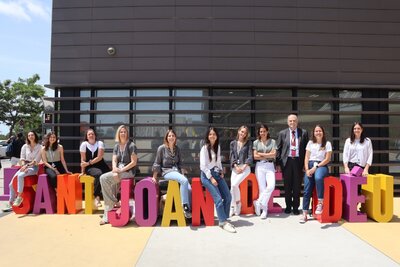News
-
The Pediatric Cancer Center Barcelona, the first BCC center outside North America to promote international clinical trials for pediatric patients with cancer
The projects are funded by the Beat Childhood Cancer Foundation, a project driven by fundraising initiatives led by families affected by pediatric cancer in the United States.

-
Researchers Find the Cell of Origin of Ewing Sarcoma
Researchers suspect that the genetic alteration that triggers the mechanisms that generate this type of cancer occurs during embryonic development
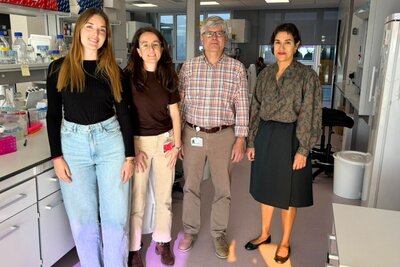
-
Dr. Jaume Mora receives the IV FERO Dr. Baselga Grant to promote new therapies against pediatric cancer
The scientific director of the Pediatric Cancer Center Barcelona receives a grant of €300,000 for a three-year project aimed at developing more effective and less toxic treatments for childhood cancer.

-
Bringing Science Closer to Schools: A decade of training young people in clinical research and inspiring scientific vocations
Institut de Recerca Sant Joan de Déu and Farmaindustria launched this project ten years ago, and it has already reached more than 3,000 high school and vocational training students in Barcelona alone.
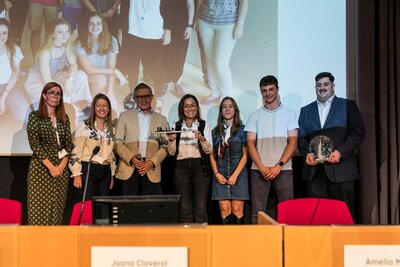
-
The use of artificial intelligence improves the diagnosis of a rare neuromuscular disease
An artificial intelligence algorithm allows for the high-precision diagnosis of collagen VI-related congenital muscular dystrophy.
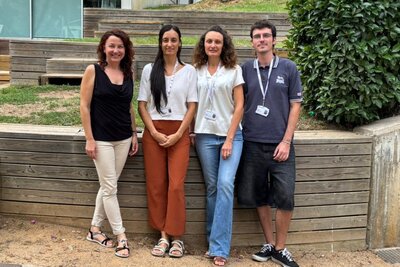
-
Parc Sanitari Sant Joan de Déu Hosts the First Doctoral Thesis Defense by a Professional of the Institution at the RISE Center Auditorium
On September 30, 2025, a very special academic event took place at Parc Sanitari Sant Joan de Déu (PSSJD): the first doctoral thesis defense by a professional of the institution, held in the auditorium of the RISE center.
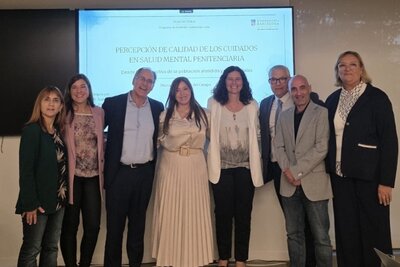
-
A study led by SJD identifies new therapeutic targets for Ewing sarcoma
The study identifies the demethylases KDM6A and KDM6B as essential collaborators of the fusion protein EWSR1::FLI1, responsible for the epigenetic reprogramming that drives tumor growth.
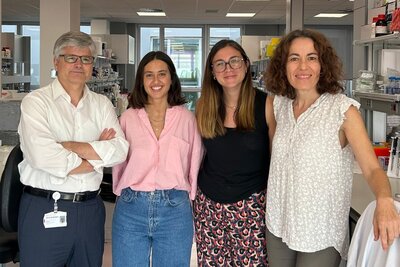
-
A study by Sant Joan de Déu identifies the mechanisms that hinder the effectiveness of treatment for diffuse intrinsic pontine glioma in children
DIPG is an aggressive brain tumor that mainly affects pediatric patients and has a poor prognosis in all cases. The research team has identified two key proteins secreted by the tumor that suppress the immune system and promote the formation of barriers that hinder treatment.
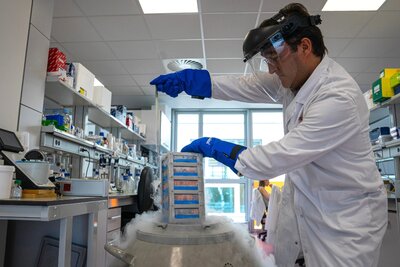
-
Genetic risk for psychiatric disorders is related to emotional and behavioral problems in undiagnosed children
Genetic susceptibility to developing ADHD shows the strongest association with mental problems during childhood and adolescence compared to genetic risk for other psychiatric conditions.
